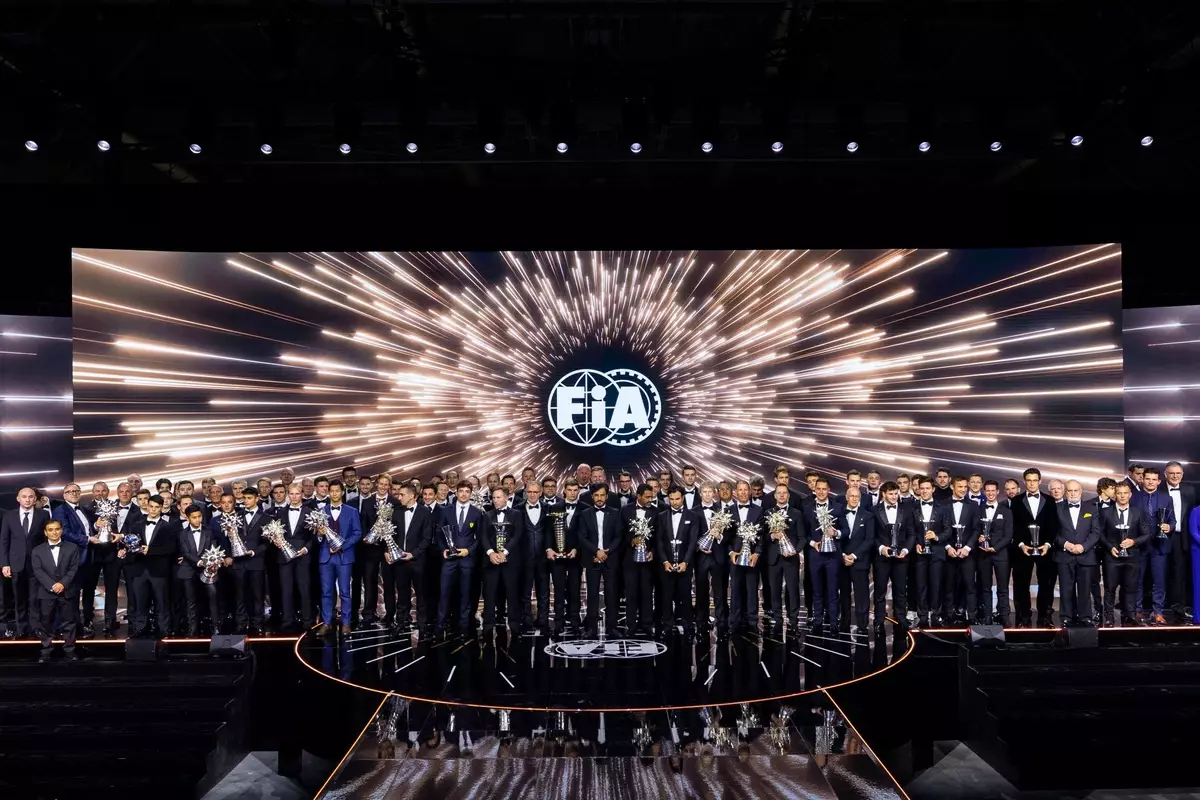The Fédération Internationale de l’Automobile (FIA) is poised to hold its annual Prize Gala in Kigali, Rwanda, on December 13, 2023. This celebratory occasion serves to recognize outstanding achievements in motorsport, where champions from various categories, especially Formula 1, are formally presented with their trophies. This year also holds the significance of marking the FIA’s 120th anniversary, adding emotional value to the event. However, amidst the glamour and anticipation, there lurks a cloud of uncertainty due to a serious public health crisis stemming from a Marburg virus outbreak in Rwanda.
Recent reports indicate that Rwanda is grappling with a Marburg virus disease (MVD) outbreak that has claimed lives and put public health officials on high alert. As of October 8, confirmed cases have surged to 58, with 13 fatalities—a chilling statistic that amplifies the urgency surrounding health and safety protocols. The World Health Organization (WHO) has characterized the disease’s spread as alarming, advising against travel to the region despite not imposing strict travel bans. Their assessment highlighted the high risk at a national level while maintaining that the global threat remains low.
The Marburg virus, closely related to Ebola, is known for its lethality. In fact, the fatality rate may peak at a staggering 88%. With no specific treatments available, authorities are focused on quarantining suspected cases and providing healthcare workers with a trial vaccine. In this context, the announcement of the FIA’s gala seems increasingly audacious.
The planning committee for the FIA has professed confidence in conducting the event as scheduled. A spokesperson emphasized their commitment to adhering to health guidelines issued by local authorities and the WHO. However, the situation raises concerns regarding logistics and the well-being of the attendees. The event traditionally garners international participants, which could inadvertently contribute to the virus’s spread, reversing any progress made in containing the outbreak.
Despite reassurances of safety, attendees will inevitably face heightened scrutiny over health protocols. The juxtaposition of an extravagant gala with significant public health risks casts a shadow on an otherwise celebratory occasion, sparking debate about the ethicality of holding the event under such circumstances.
There are multiple facets to consider in reaction to this crisis. Should the FIA proceed with the gala, they must ensure rigorous safety measures, from temperature checks to the provision of masks, hand sanitizers, and possibly even accommodations for those who may require quarantine. Such measures would place immense operational pressures on the organizers, who would need to create an environment that satisfies public health standards while allowing for the ceremonial aspects of the event.
On the other side, there lies the option to postpone or relocate the gala. However, that presents its own challenges, including potential financial losses and logistical nightmares if a new venue had to be identified and set up on short notice. The consequences of either decision could ripple widely—not just affecting the FIA but also the image of motorsports as a whole. The governing body’s capacity to handle unforeseen challenges will be scrutinized, and the outcome could set significant precedents for future large-scale events.
Across motorsport circles, the news has sparked varied reactions. Some community members argue that it is irresponsible to proceed with the gala when safety concerns are so pronounced, while others believe in the importance of maintaining traditions. Additionally, sponsors and partners may weigh their options regarding involvement, further complicating the FIA’s planning process.
As time progresses, mouthpieces from the automotive and sports industries will no doubt continue to provide feedback, whether through formal communications or public commentary. The broader conversation regarding safety and responsibility in event planning will also likely emerge robustly as stakeholders advocate for precautionary measures that prioritize health without sacrificing cultural and professional gatherings.
As the countdown to the FIA’s Prize Gala continues, the conflicting priorities of festivity and public safety loom larger than ever. While proud tradition urges movement forward, the emerging health crisis demands introspection and potential reevaluation of priorities for all stakeholders involved. The FIA’s decision, reflective of both confidence and caution, might just shape not only the fate of this event but also redefine how future gatherings are approached amid global health threats.


Leave a Reply